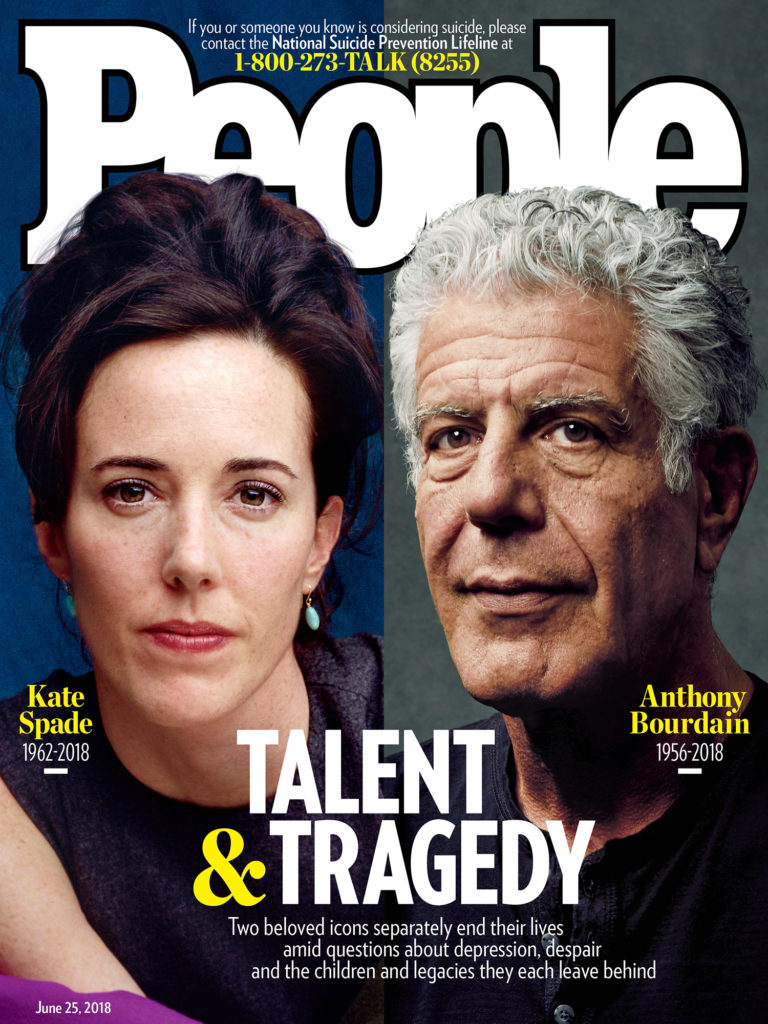
I’ll never forget my first therapy appointment fifteen years ago. I told my counselor at the time, Dr. Gordon Bals, about my anger and rage and how it scared me. I told him about other things, too, but the anger and rage were my main concerns because I didn’t think I had any reasons to be angry and rage-y. Dr. Bals taught me things aren’t always what they appear, and it turned out I did have several reasons to be angry and rage-y. I just wasn’t very good at deciphering and naming my emotions. I didn’t want to admit to myself or to anyone else that there were valid reasons for grief and sorrow in my life.
Dr. Bals helped me get to the root of my anger and helped me acknowledge some of the broken things I had worked really hard to ignore. Much like a toddler, I needed help expressing my darker emotions after a lifetime of dismissing them. But after some practice, it became easier and more natural to know what I felt and to know why I felt what I felt. My anger eventually turned to sadness. I embraced my tears and my new talent to grieve various things that were worthy of grief.
While many in the church and beyond are adept at grieving tragedies, I do think we need to practice naming our emotions and the specific, personal reasons we grieve when people take their lives. In the wake of a suicide, for example, we naturally try to answer the questions everyone wants answers to: Why did this happen? What can we do to prevent this from happening to more people?
I don’t think we have to stop asking these questions, but there’s room for more. There’s room to explore our own personal fears and anxieties that crop up in response to tragedies. When we name our emotions after high-profile suicides, this might be some of what we come up with:
“I am angry God let this happen.”
“Whenever there’s a celebrity suicide, any suicide, I grieve a loved one who took his life.”
“I’m terrified of losing someone I love.”
“I’m uncomfortable with the fact that God doesn’t always save us from ourselves on this side of eternity.”
Navigating our own emotions instead of focusing our energy on trying to figure out why something happened will make us more vulnerable with each other, encourage helpful conversations, and will limit unnecessary speculation. Dr. Bals (yes, the same Dr. Bals I mentioned above) adds: “The times of mystery and anguish are helping us to name things we don’t want to feel. Yet as we name them and feel them, they open us up to parts of the Lord we are not encountering when we hide from the fallenness of this world.”
He continues, “The darker emotions propel us toward mystery and searching out God and tend to war against certainty and the more comfortable emotions. Phillip Yancey says we go to God looking for answers when he wants to give us more of Himself. In the darker emotions lie deeper questions and opportunities to get to know the Lord more intimately.”
 In the days following the deaths of Kate Spade and Anthony Bourdain, I watched as several media outlets, including a number of Christian ones, turned to the whys. When I asked Dr. Bals about this observation, he responded, “It seems like faith (the willingness to walk in mystery, i.e., not having answers but trusting God’s goodness) gets marginalized and instead leaders may too often want to provide certainty instead of inviting their followers into more meaningfully engaging God and the mystery of how He works.”
In the days following the deaths of Kate Spade and Anthony Bourdain, I watched as several media outlets, including a number of Christian ones, turned to the whys. When I asked Dr. Bals about this observation, he responded, “It seems like faith (the willingness to walk in mystery, i.e., not having answers but trusting God’s goodness) gets marginalized and instead leaders may too often want to provide certainty instead of inviting their followers into more meaningfully engaging God and the mystery of how He works.”
This might not be all of what’s going on when we focus on the whys, but I believe Dr. Bals is right. It’s uncomfortable to embrace mystery and be okay with not knowing all of the answers. But we don’t have to be alone in our discomfort. God is with us in the mystery and pain. He holds us and our labeled emotions and proclaims all of it redeemed and worthy of His love because of His Son’s death, resurrection, and glorification we will one day share with Him.
Dr. Bals adds, “Our Rescuer doesn’t always rescue us from our fears and anxieties. He helps us trust that one day He will set everything right. The coming of His kingdom to some degree is a coming of His presence. As we cultivate His presence by engaging the mystery that comes in tough places, our awareness of His presence increases and that gives us more stillness and rest. We may not have the answers we want, but we have God. His presence helps us wait for the answers when all things will be set right.”

COMMENTS
Leave a Reply














